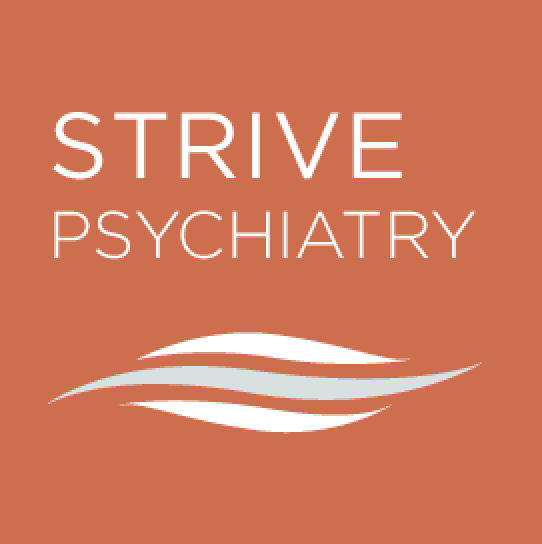Schizophrenia is a chronic condition with core symptoms of delusions, hallucinations, and disjointed thoughts and speech. While the condition varies greatly from person to person, individuals with schizophrenia generally have a distorted sense of reality, which causes problems with every aspect of life. This can manifest in delusions of grandeur, paranoid beliefs, or elaborate fantasies with no connection to reality. In severe cases, those suffering from Schizophrenia can become completely catatonic, and are therefore reliant on others for care.
Unfortunately, this condition is highly stigmatized and frequently misunderstood. The disorder is often confused for Multiple Personality Disorder, though the core symptoms of each condition are vastly different from one another. Negative stereotypes surrounding this condition can discourage individuals from seeking help. Those receiving treatment can internalize the negative stigma, which slows their recovery. People often associate this disorder with violence, but evidence shows that people with this condition are no more violent than any other person.
